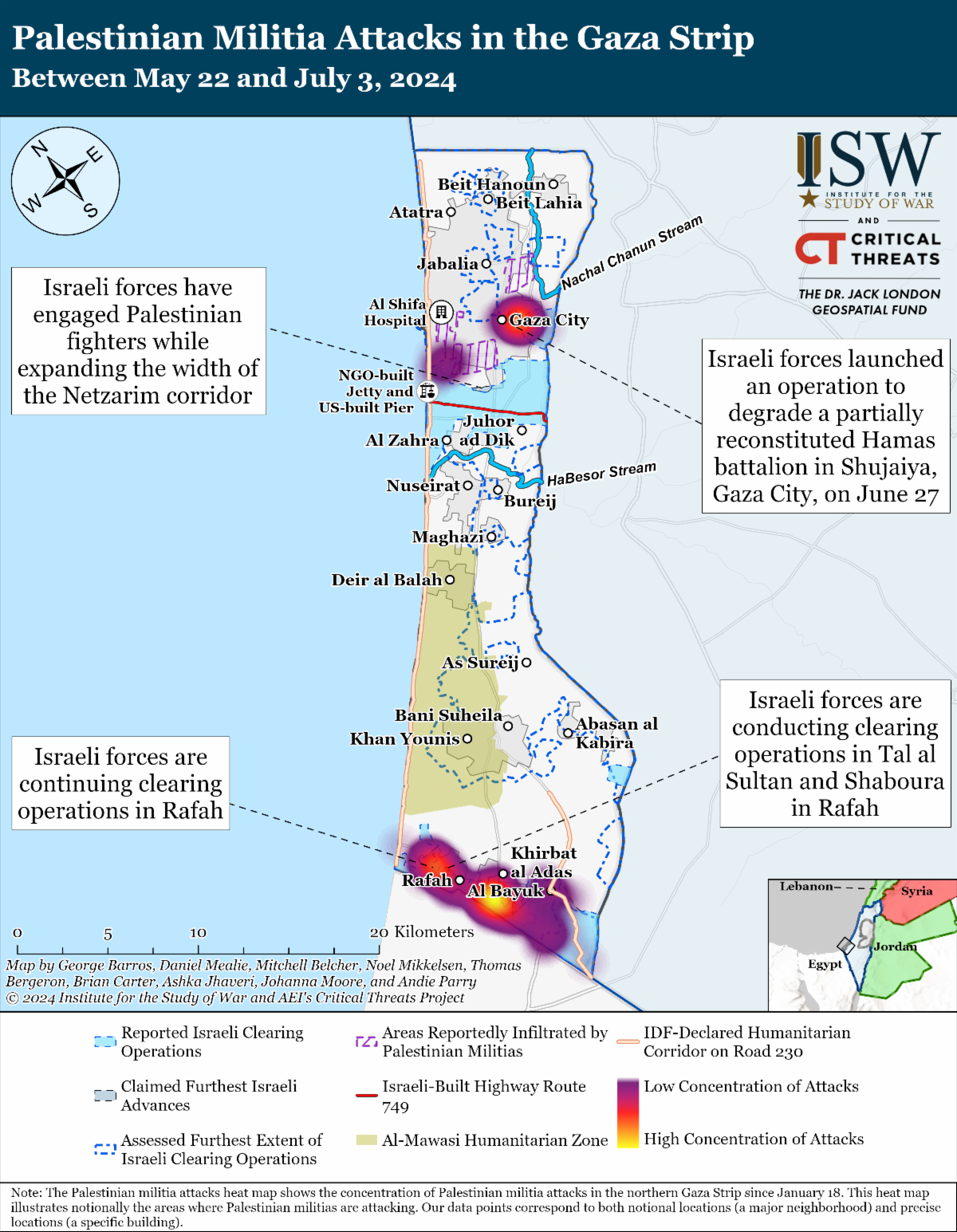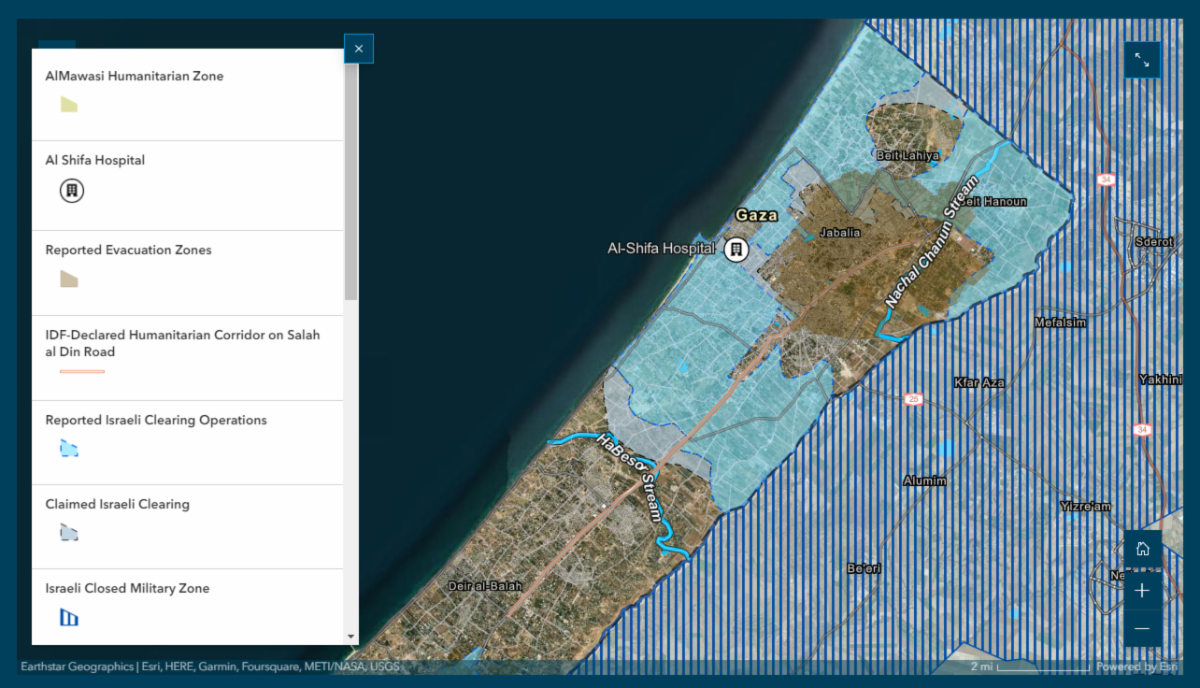The two Iranian presidential candidates—ultraconservative Saeed Jalili and reformist Masoud Pezeshkian—discussed economic issues in their final debate before the upcoming runoff election. The debate occurred on July 2. The runoff election will occur on July 5. Below are the key takeaways from what Jalili and Pezeshkian said in the debate.
- Saeed Jalili: Jalili continued to downplay the importance of nuclear negotiations with the West and relief from international sanctions in order to improve the Iranian economy. Jalili argued that Iran should instead prioritize increasing energy exports and pursuing an autarkic agenda. He also noted the importance of attracting foreign investment but did not explain how to do so without sanctions relief. Jalili separately criticized Pezeshkian’s understanding of economic issues and questioned his competence.
- Masoud Pezeshkian: Pezeshkian tried to garner support from hardliners by reiterating his subordination to the supreme leader and voicing support for some hardline policies. Pezeshkian vowed to continue implementing the Strategic Action Plan, which is a law that the hardliner-dominated Parliament passed in 2020 to increase uranium enrichment and restrict international inspectors’ access to Iranian nuclear sites. The moderate-reformist bloc has criticized the law as an obstacle to advancing nuclear negotiations with the West.
The Israel Defense Forces (IDF) killed a senior Lebanese Hezbollah commander in Tyre, Lebanon on July 3. The commander, Mohammad Nama Naser, led the Aziz Unit, which is responsible for Hezbollah operations in southwestern Lebanon. Hezbollah said that Naser joined the group in 1986 and fought in the Israel-Hezbollah war in 2006. Nasser also participated in the Iranian-led military interventions into Iraq and Syria to fight the so-called ”Islamic State” and Syrian opposition. Naser joined the Aziz unit in 2016 and oversaw anti-tank and rocket fire into Israel. Hezbollah responded to the killing of Naser by launching around 100 rockets into northern Israel. Hezbollah claimed that it targeted IDF sites, including air and missile defenses.
Hezbollah has sustained almost daily attacks into northern Israel since October 2023, despite the IDF killing several Hezbollah commanders throughout the war. The IDF killed Taleb Sami Abdullah, who commanded Hezbollah operations in southeastern Lebanon, in June 2024. The IDF also killed a senior officer in Hezbollah’s Radwan special operations forces in January 2024. Hezbollah has nevertheless sustained and even intensified in some cases its direct and indirect fire attacks into Israel. | 






 [ISW] 이스라엘-하마스 전쟁(이란) 업데이트, 2024년 7월 4일
[ISW] 이스라엘-하마스 전쟁(이란) 업데이트, 2024년 7월 4일
 [ISW] 러시아 공세 캠페인 평가, 2024년 7월 3일
[ISW] 러시아 공세 캠페인 평가, 2024년 7월 3일